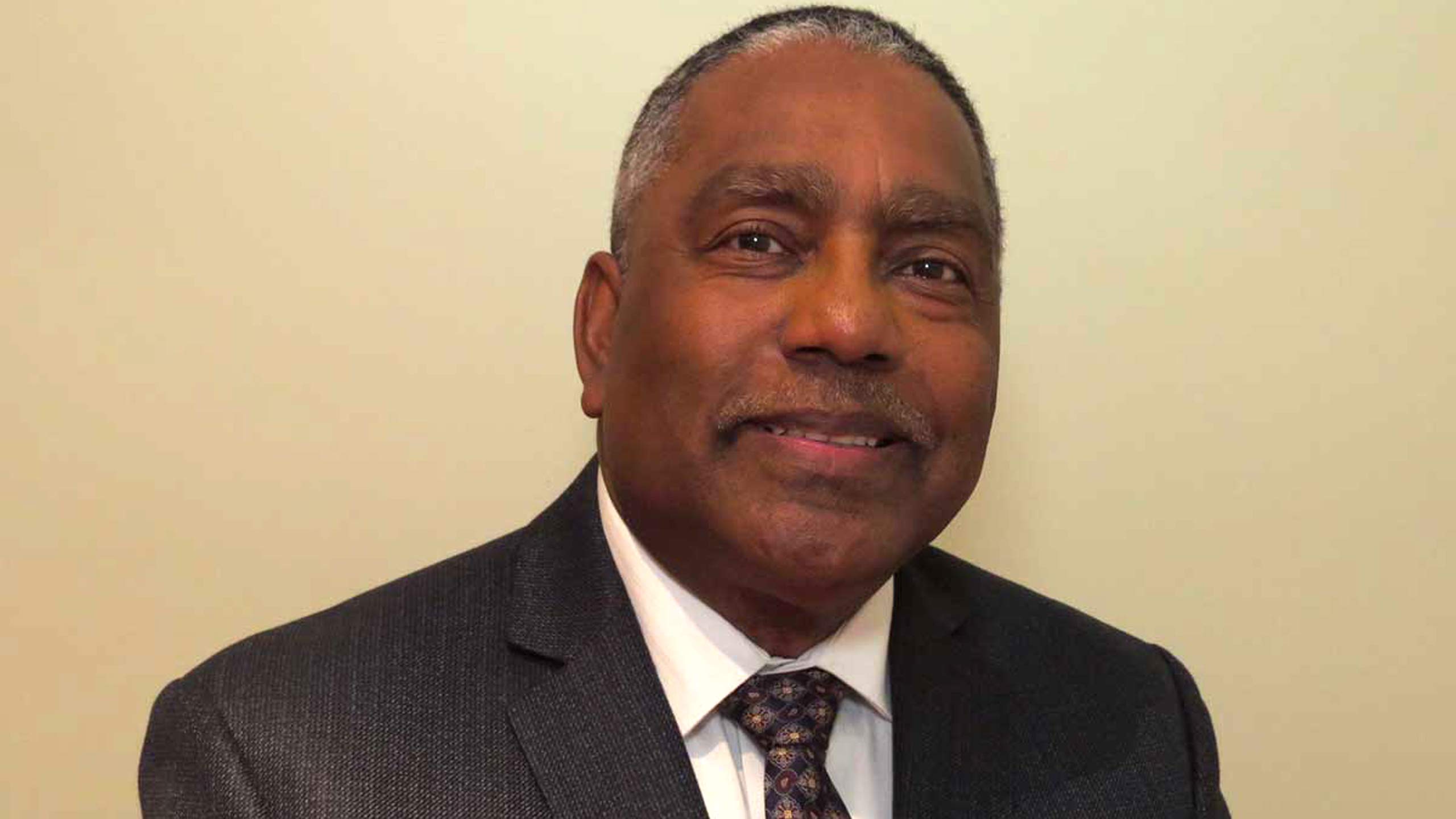By Annie Arnone
Ryerson has appointed the honourable Justice Gregory Regis—a high-profile judge in the Toronto law community—as a one-year visiting professor for Ryerson’s new law school, cementing the next steps for the project.
His biggest plan is to incorporate training for students so that they’re able to communicate properly with suspects who struggle with literacy—something he believes is seriously lacking in the law community and in current law programs.
“The area of dual-literacy and access to justice is a big problem area in criminal courts,” he said. “People who have no literacy or are illiterate have a very hard time finding their way through the justice system, we need to be accessible to all people.”
Understanding Literacy: a Judicial Imperative—a book written by a Canadian law agency dedicated to giving access to legal aid—states that, “Studies….throughout North America…have shown that those who lack literacy skills go to extraordinary lengths to avoid disclosure of their inability to read.”
Regis was appointed to the Ontario Court of Justice in 1999 and was the first Saint Lucian and non-white individual to be appointed Senior Justice for the central east region. Regis also attended the Ryerson School of Journalism in 1974 and graduated in 1977.
Immigrating to Canada from Saint Lucia and taking a different approach to education is something Regis believes will make him a positive addition to the law school.
“I’ve had a very different upbringing than a lot of people in the field,” he said. “I grew up in a small village in Saint Lucia and at the time there was only one high school in all of the island. The only time I could attend was at night after I worked during the day.”
He also said public service is very important to him.
In October 2016, Ryerson released a letter of intent to have the law school open by 2020. “The aim is to produce practice-ready legal professionals with the knowledge and transferable skills required to compete in a rapidly changing profession,” the letter states.
The proposal for the school has been in the works since 2007.
The Eyeopener previously spoke to Daniel Brown, director of the Criminal Lawyers Association, about Ryerson’s “innovative” approach to learning law.
Currently, the model for the law school is to bypass articling— a post-graduate process similar to interning, which make graduates hireable—by cutting it out of the curriculum.
Brown told The Eye that, “a large percentage of [practitioners] have traditional articling experience, so those who participated in, let’s say ‘the Law Practice Program’ (LPP), weren’t considered as qualified as those who had articles.”
The LPP is an existing program at Ryerson, intended to be an alternative to traditional articling through an eight-month program.
Brown also said the addition of another law school in Canada is the “last thing law firms need,” due to the current oversaturation of graduating lawyers.
But Regis disagrees. He said the best way to tackle the amount of graduating lawyers is to train them according to changes in the field.
“We need to look at how the world is changing and project for when people graduate later on down the road,” he said. “Ryerson, from what I understand, is design- ing a law program where lawyers are ready to become lawyers when they leave.”
He added that the intention to graduate students who are immediately prepared for work was what excited him most about Ryerson.
Anver Saloojee, Ryerson’s assistant vice-president international, mentioned that the addition of Regis to Ryerson’s team is a “refreshing step forward” for the new law school.
“He is a Justice who is incredibly inclusive, he has a wonderful mindset about what it means to be a community activist,” Saloojee said. “He represents people from different backgrounds who are originally from the west, and yet he is completely immersed in Canadian society.”
Saloojee believes that Regis’s inclusive approach will be good for the school.
“There are people who don’t have access to justice or can’t afford it, and they’ve all fallen between the cracks. One of the things he wants is to produce graduates who are more concerned with access to justice.”













Leave a Reply